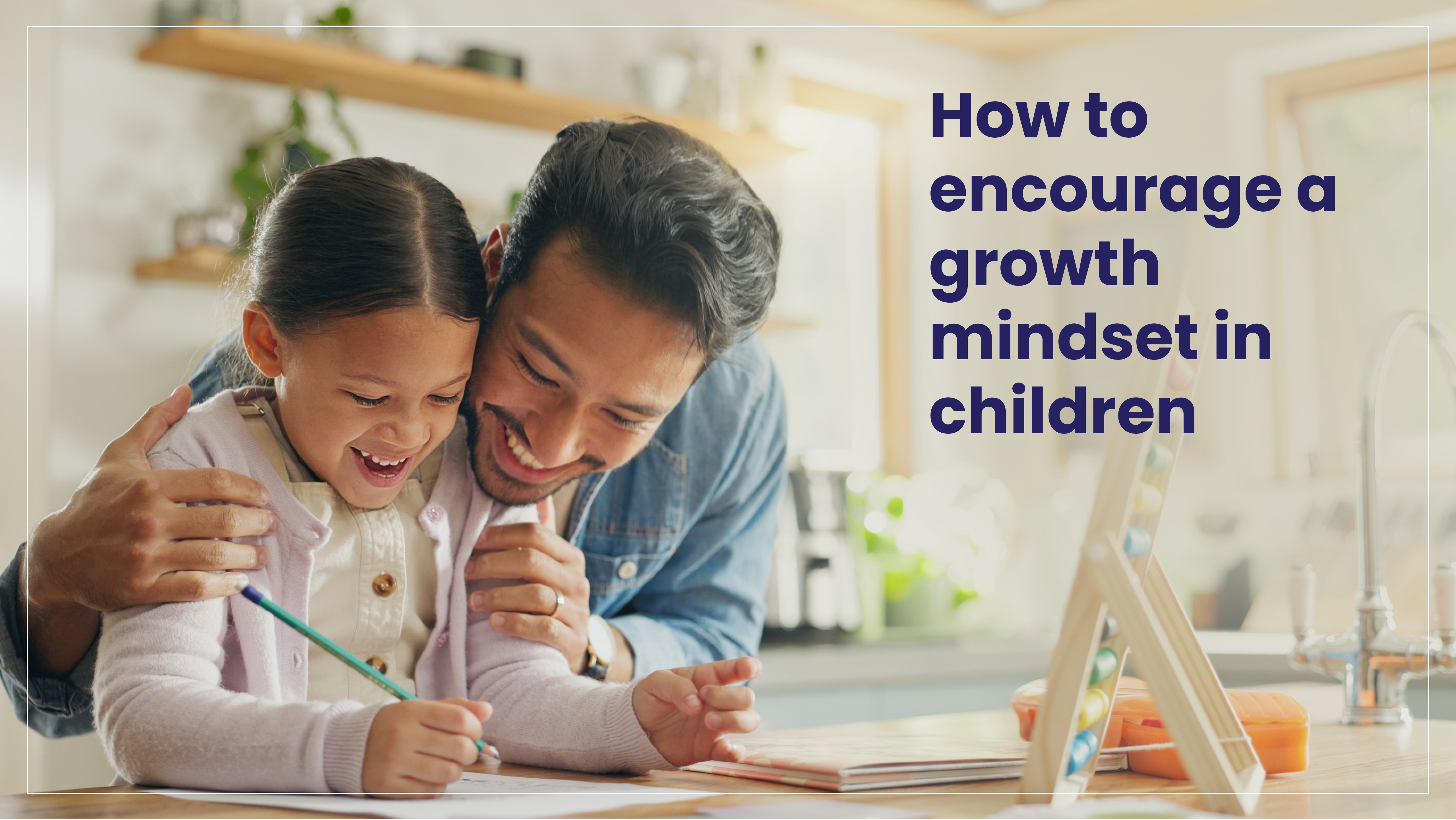In today’s fast-paced world, fostering a growth mindset in children becomes increasingly vital. The growth mindset, a concept popularised by psychologist Carol Dweck, refers to the belief that abilities and intelligence develop through dedication and hard work. This mindset contrasts sharply with a fixed mindset, where individuals see their abilities as static and unchangeable. Encouraging a growth mindset in children profoundly impacts their learning and development, setting them up for lifelong success.
Why Develop a Growth Mindset in Kids?
Developing a growth mindset in kids proves essential as it fosters resilience, helps them view challenges as growth opportunities, and encourages persistence. It promotes a love for learning by reinforcing that effort improves abilities, leading to deeper engagement in education. Additionally, it reduces the fear of failure, teaching kids to see mistakes as part of the learning process rather than a reflection of their worth.
How to Teach Growth Mindset to Children
Teaching a growth mindset to children starts with changing communication to focus on effort, strategy, and progress rather than innate talent. Instead of saying, “You’re so smart,” one should say, “I’m impressed with how hard you worked on this project,” reinforcing the idea that effort leads to improvement. Modeling a growth mindset is also crucial, as children learn by observing adults who embrace challenges, persevere through setbacks, and view failures as learning opportunities. Encouraging children to step out of their comfort zones, take on challenging tasks, solve problems independently, and celebrate their efforts helps them understand that learning and growth come from trying new things and making mistakes.
Growth Mindset in Early Learners
Introducing a growth mindset to early learners sets a strong foundation for their future. At this impressionable stage, children easily absorb new ideas. Stories and activities highlighting effort and perseverance, especially those featuring characters overcoming obstacles through hard work, prove effective. Interactive activities like puzzles and games reinforce growth mindset principles by involving trial and error, providing a safe space for children to experience and overcome failure. Encouraging reflection on these experiences helps solidify the growth mindset.
Practical Tips for Parents and Educators
Parents and educators play a crucial role in fostering a growth mindset in children. Here are some practical tips:
- Use Growth-Oriented Language: Avoid labeling children as “smart” or “talented.” Instead, praise their effort, strategies, and progress.
- Encourage Curiosity: Promote a love for learning by encouraging children to ask questions and explore new topics.
- Normalise Mistakes: Help children understand that mistakes are a natural part of learning. Share personal experiences of failure and what was learned from them.
- Set Realistic Goals: Teach children to set achievable goals and celebrate their progress.
- Create a Supportive Environment: Provide a safe and supportive environment where children feel comfortable taking risks and making mistakes.
By consistently applying these principles, parents, and educators help children develop a growth mindset that serves them well throughout their lives. Encouraging a growth mindset in children enhances their academic performance and equips them with the resilience and adaptability needed to navigate the complexities of life. At Narayana, we ensure to enhance students’ growth skills, making them confident individuals who dream big, as your dreams are our dreams.
Stay Connected!
Join our community on Telegram for more insights and tips on fostering a growth mindset in your child.

Fruit full information….
Very supporting information for boost to Children